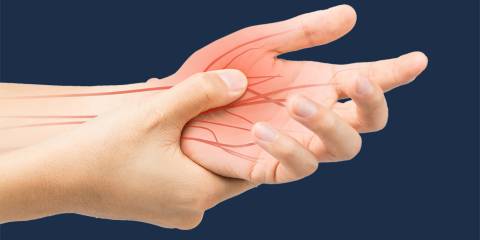Here are the quick facts on oral care.
Please see the bottom of this page to see the scientific research.
Tools for Oral Care
Toothbrush
Choose soft-bristled or electric to avoid damaging gums; and select a size and shape that fits well in your mouth and is comfortable to use.
Toothpaste
Check with your dentist about a toothpaste targeted to your oral health needs.
Floss
Try a few and find one that works for you—you’re more likely to floss daily if you like your floss. If flossing is difficult for you, try a dental pick, stick, or mini-brush.
Mouthwash
Look for a mouthwash that is targeted to your specific dental problems—some focus on freshening breath; others on cavity prevention, for instance.
Tongue Scraper
Bacteria live on your tongue as well as on your teeth and gums. A tongue scraper can reduce bacteria and help improve bad breath.
Herbs for Natural Oral Care
Calendula
- Antibacterial
- Reduces gingivitis inflammation
- Heals gums after tooth extractions
- Soothes oral ulcers
Goldenseal
- Reduces bacteria
- Treats mucous membrane infections
- Used in mouthwash to help treat:
- periodontal disease
- thrush
Lavender
- Anti-inflammatory
- Antibacterial
- Promotes wound healing
Myrrh
- Antimicrobial
- Pain-relieving
- Used in mouthwash to help treat:
- gum disease
- mouth ulcers
- sore throats
Peppermint
- Topical anesthetic for toothaches
- Antibacterial
- Anti-inflammatory
Tea Tree
- Antimicrobial
- Increases salivary pH
- Used to treat:
- fungal infections
- yeast infections
- gingivitis
- mouth ulcers
Xylitol
- Natural sweetener
- Used to prevent:
- cavities
- plaque
- tooth decay
Precautions
Natural remedies can go a long way toward providing relief for minor discomfort, but serious pain and infections should be treated by a dental health professional.
Unless otherwise indicated, essential oils shouldn’t be swallowed.


